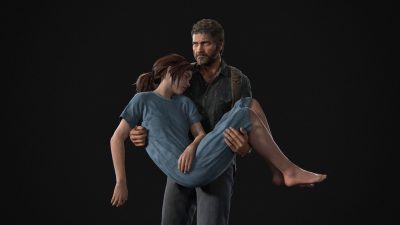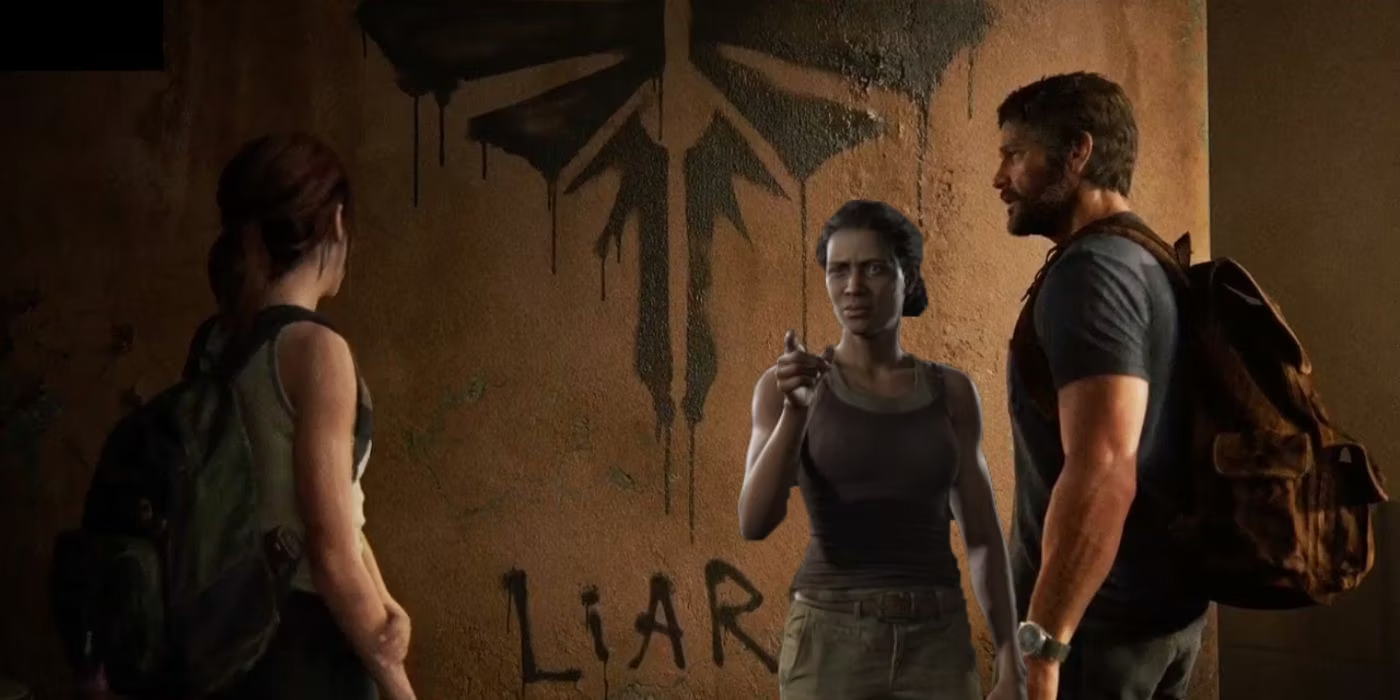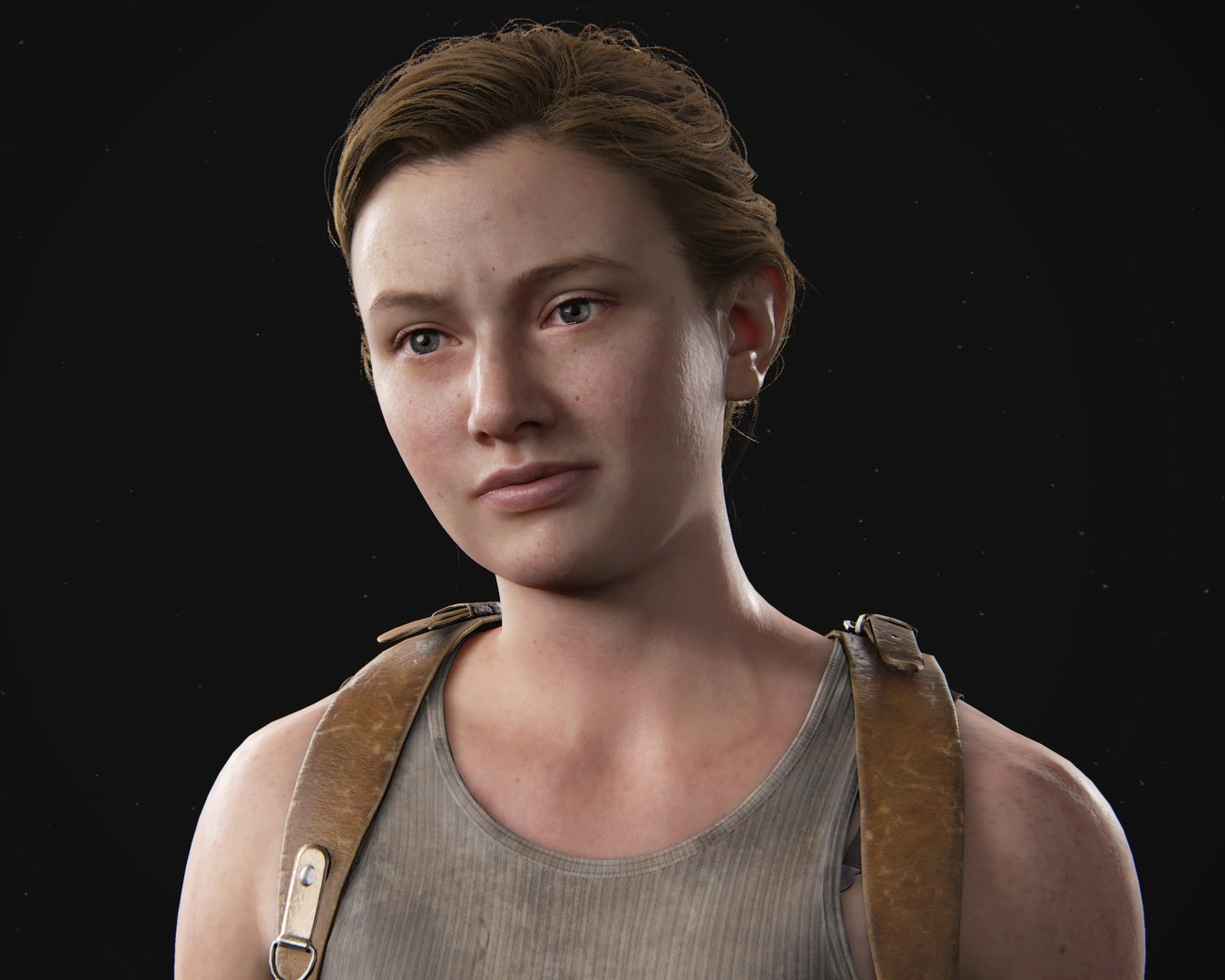“The Last of Us,” developed by Naughty Dog, is widely celebrated for its gripping narrative, complex characters, and immersive world. Beyond its technical brilliance and storytelling prowess, one of the most compelling aspects of the game is its exploration of ethical dilemmas. These moral choices and the resulting consequences not only deepen the narrative but also challenge players to reflect on their own values and beliefs. In this blog post, we will delve into some of the most significant ethical dilemmas presented in “The Last of Us” and discuss their impact on both the characters and the players.
Joel’s Decision at the Hospital
The most pivotal ethical dilemma in “The Last of Us” occurs at the climax of the game. Joel learns that Ellie, who has developed an immunity to the Cordyceps infection, must undergo a procedure that will likely kill her to create a vaccine. Faced with losing Ellie, whom he has come to see as a surrogate daughter, Joel decides to save her, even if it means dooming humanity.
This decision raises profound ethical questions about the value of one life versus many. Joel’s choice is driven by personal attachment rather than utilitarian calculations. He prioritizes his bond with Ellie over the potential to save countless lives. This moment forces players to grapple with the morality of Joel’s actions: Is it justifiable to sacrifice an individual for the greater good? Or is Joel’s act of saving Ellie a deeply human, albeit selfish, response to the loss he has already endured?

The Fireflies’ Intentions
On the other side of the ethical spectrum are the Fireflies, a militant group striving to restore society by developing a vaccine. Their willingness to sacrifice Ellie highlights a different moral perspective. They represent the utilitarian approach, where the needs of the many outweigh the needs of the few or the one. However, their methods and the lack of Ellie’s informed consent complicate their moral high ground.
The Fireflies’ readiness to proceed without Ellie’s consent and their assumption that sacrificing her is the only viable solution raise questions about autonomy and the ethics of making decisions for others. This scenario challenges players to consider the morality of sacrificing one for many, especially when that one is a child unaware of her fate.

Ellie’s Journey in Part II
In “The Last of Us Part II,” Ellie’s journey is driven by a thirst for revenge following Joel’s brutal murder. Her relentless pursuit of Joel’s killer, Abby, leads her down a path filled with violence and moral ambiguity. Ellie’s descent into vengeance highlights another ethical dilemma: the cycle of violence and its impact on humanity.
As Ellie exacts her revenge, players witness the cost of her actions on her psyche and relationships. Her journey questions the morality of revenge and whether it can ever be justified. The game portrays the emotional and psychological toll of vengeance, challenging players to reflect on whether the pursuit of justice can be worth the personal and moral cost.

Abby’s Redemption Arc
Abby, initially introduced as Joel’s killer, is later revealed to have her own motivations and backstory. Her father was the surgeon Joel killed to save Ellie, placing her actions in a new light. Abby’s storyline explores themes of forgiveness and understanding, offering a counter-narrative to Ellie’s vengeance.
Abby’s decision to spare Ellie and her companion Dina during their confrontation in the theater marks a pivotal moment in her redemption arc. Despite having every reason to kill Ellie, Abby chooses mercy, breaking the cycle of violence. This act forces players to reconsider their initial judgments of Abby and question the nature of justice and forgiveness.

The Impact on Players
“The Last of Us” series is masterful in its ability to make players feel the weight of these ethical dilemmas. By placing players in situations where moral clarity is elusive, the game encourages deep reflection on personal values. The characters’ decisions are rarely black and white, reflecting the complexities of real-life ethics.
Players are often left questioning their own choices and the nature of right and wrong. The game’s willingness to embrace moral ambiguity and present difficult questions without easy answers is part of what makes it so impactful. It mirrors the complexities of human nature and the often-messy reality of moral decision-making.
“The Last of Us” series stands out not just for its technical achievements and storytelling but for its profound exploration of ethical dilemmas. From Joel’s heart-wrenching decision at the hospital to Ellie’s path of vengeance and Abby’s quest for redemption, the game challenges players to confront difficult moral questions. It’s a testament to the power of video games as a medium for storytelling and ethical exploration.
In a world often divided by differing moral perspectives, “The Last of Us” offers a nuanced look at the choices that define us. It reminds us that ethical dilemmas are an integral part of the human experience, and our responses to these challenges reveal much about who we are. Whether through the lens of survival, love, or vengeance, the game’s ethical complexities resonate deeply, leaving a lasting impression on all who play. If you are a fan of The Last Of Us, You can buy more Gift & Merch at The Last of Us Merch.
Read more:
